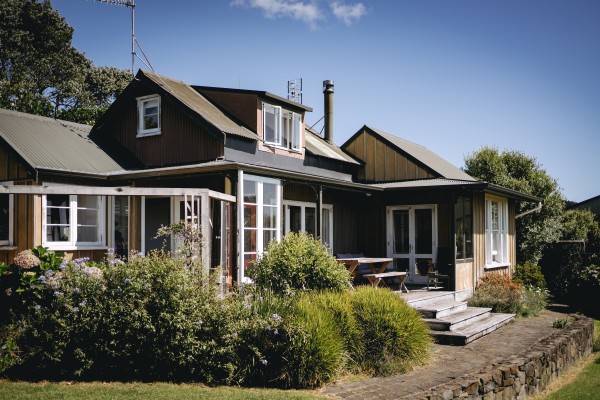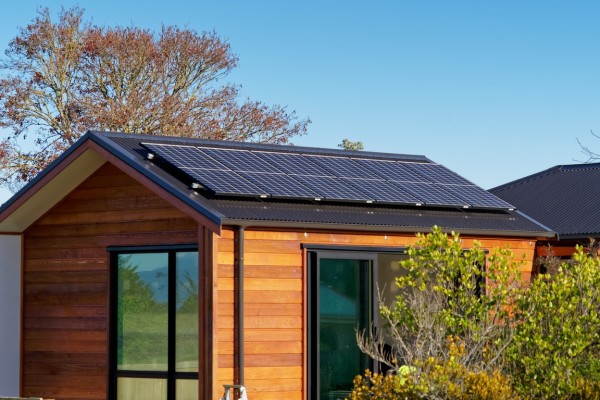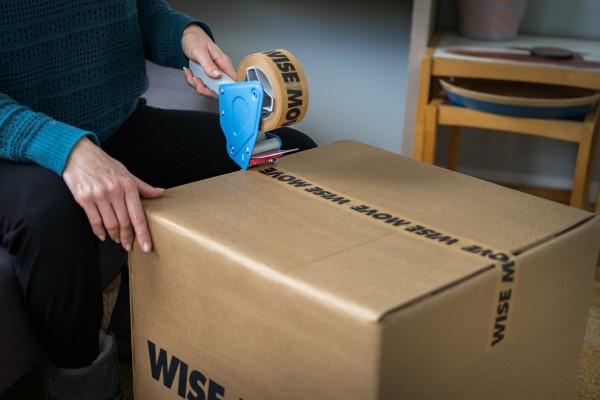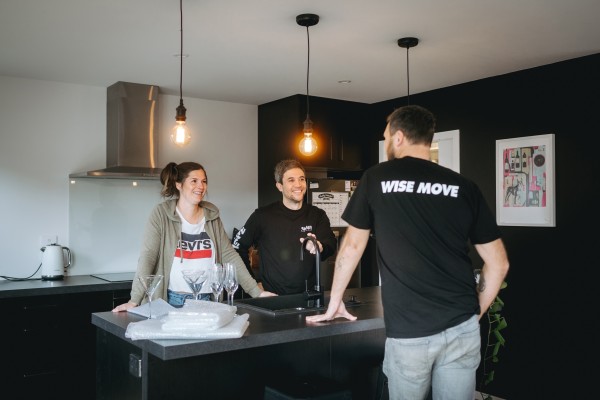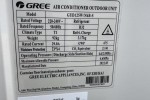How to buy a home at auction in New Zealand
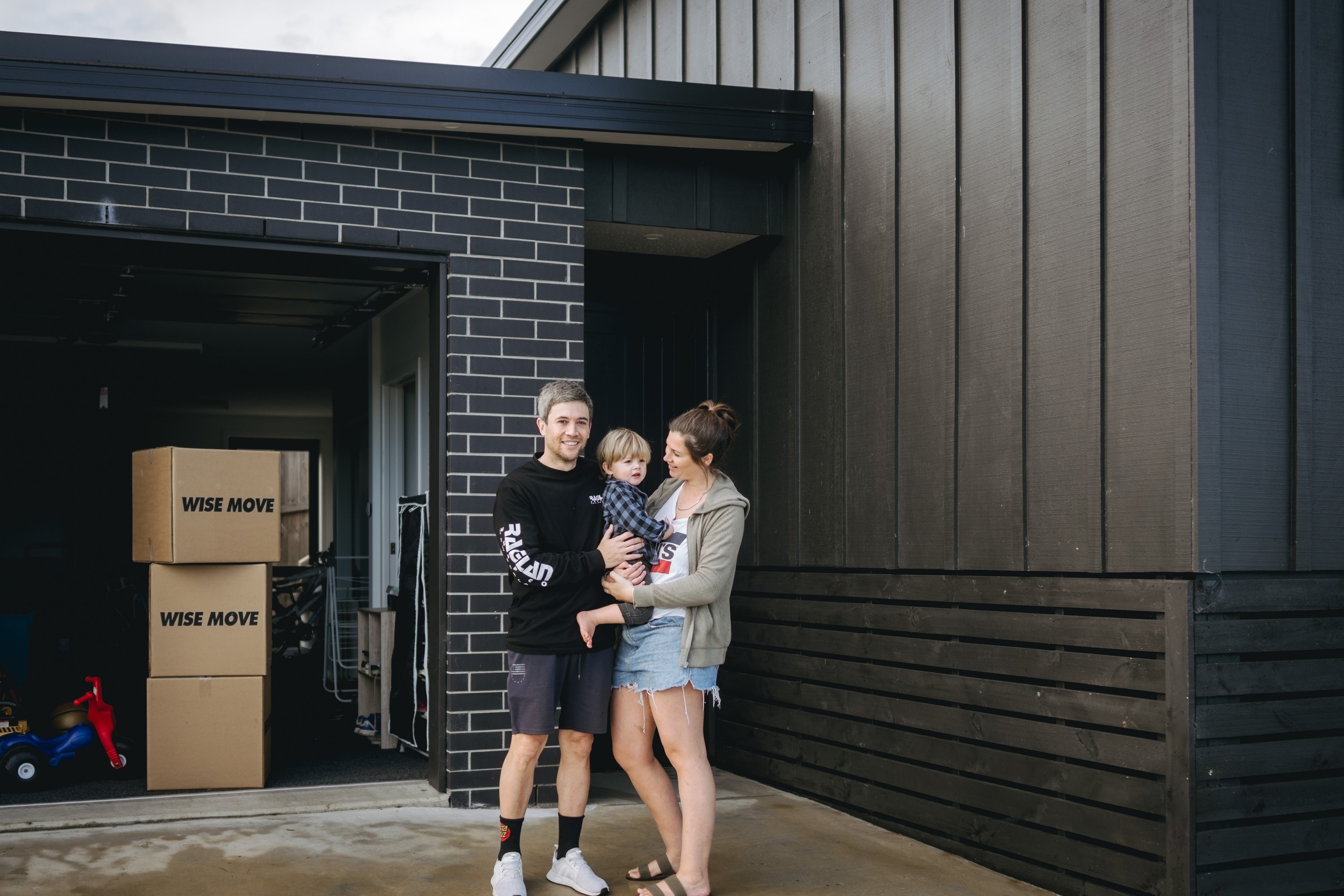
In New Zealand, it’s not uncommon for houses to sell at auction. Despite their popularity, many buyers, especially first-home buyers, are unfamiliar with how to buy at auction. Many buyers find the idea of purchasing a house at auction intimidating. This lack of understanding can lead to hesitation and even cause buyers to avoid auctions altogether. Unfortunately, this can lead to buyers missing out on their ideal homes.
If you've ever considered purchasing a house at auction in New Zealand but have been held back by uncertainty, you're not alone. Whether you're a first-time buyer or looking to build your portfolio, our guide to buying a home at auction is here to help.
Why buy a home at auction?
Buying a house at auction offers can have its advantages. For one, auctions are a great opportunity to snag a bargain. In a downward market, many properties are sold at prices below their market value. This potential for cost savings can be a major draw for those with tight budgets.
Another reason is that some properties are only available through auctions. This means if you've fallen in love with a specific house, attending an auction may be the only way to buy it.
Auctions can be exciting and offer more transparency for buyers. In an auction, all bids are made publicly, allowing buyers to hear what other people are offering. Auctions eliminate any uncertainty about the market value of the property, as buyers can witness the real-time demand for the home.
Can a home be sold prior to auction in New Zealand?
Yes, a lot of the time, a home scheduled for auction can be sold prior. Check for the words ‘unless sold prior’ on the listing. This means that while the property is intended to be sold at auction, the seller is also open to accepting an offer and selling the property beforehand. Most of the time, the home will only be sold prior if a very high offer comes in or if it’s a competitive market and the seller is worried that the home won’t sell at all.
Selling prior to auction is often beneficial for both parties, as the seller gets a quick sale, and the buyer secures the property without having to outbid other buyers at auction. If the property doesn't sell before the auction date and the auction proceeds, the property will be sold to the highest bidder.
What to do before the auction:
Research the property thoroughly before you buy
Before you go to a property auction, make sure you’ve done thorough research on the property. Bidding on a property at an auction is unconditional; this means that once you make a winning bid, you're committed to the purchase no matter what. Talk to a lawyer or conveyancer to help you gather information about the property.
Another important step is to determine the value of the property. This involves conducting a title search, obtaining relevant council information, inspecting the house, land, and the surrounding neighbourhood, and getting a property inspection report.
You should take the same steps you would take with any other home; just know that you can’t offer any conditions along with your agreement to buy the home.
Let the agent know you are interested in bidding
If you want to buy a house at auction, you’ll need to let the agent know you are interested. The agent will provide you with some legal documents that you and your lawyer or conveyancer should carefully review.
These documents include information about the auction terms and conditions and the sale and purchase agreement, such as the deposit amount the winning bidder must pay and the settlement date. The documents may also include a land information memorandum (LIM) or a building inspection report.
It’s always a good idea to request an independent building report from a third party. Although this will cost you more money, it can also prevent you from buying a home that requires a lot of maintenance.
Confirm your finances
Auctions are unconditional, so it’s important that you know you can pay the purchase deposit on auction day. Most people confirm their finances by getting pre-approved by a bank. Your bank may want to know details about the property before they pre-approve you. This may include LIM reports, a building report or the sale and purchase agreement.
Agree to the purchase and sale conditions
Just because you buy a home at auction doesn’t mean you can’t put any conditions on the sale. However, these have to be done before auction day. Read over the purchase and sale conditions and talk to your lawyer or conveyancer about any proposed changes you would like to suggest. They can add sale agreements with a variation of the agreement form. Just keep in mind that the seller doesn’t have to accept the conditions and may wish that the house goes to auction as is.
What to do if you can’t attend the auction
Auctions are held in person, but if you can’t attend, there are still ways you can place a bid.
Telephone bidding
If you want to bid by phone on auction day, register your interest with the agent and let them know. You’ll be asked to sign a phone bidding form to permit the agent to bid on your behalf. The auctioneer will announce the presence of phone bidders. The seller must approve this in advance.
Once you're registered, you'll get an auction pack with sale terms, the purchase agreement, and property details. You can also bid via video conferencing online. It's a good idea to test your internet connection and watch another auction first to know how it works.
Nominate someone to bid on your behalf
Another way to bid if you can’t be there in person is to nominate someone to bid on your behalf. Choose someone you trust, such as a close friend, family member or your lawyer or conveyancer. Choosing someone who is experienced with auctions can be helpful. Make sure they have your written permission to bid on your behalf and know the maximum amount of money you wish to bid at auction.
How do auctions work in New Zealand?
Auctions in New Zealand are usually held at the property being sold or at the real estate agent’s office. Information about where to go for the auction will be included in the property listing.
When you arrive
Give yourself plenty of time to get to the auction, as you may be required to register your interest when you arrive. You may be given a bidders number and told when the auction will start. If you’re bidding online, registration may take place online. Find out from the agent beforehand whether you need to do anything specific beforehand to participate.
Setting up the auction
Before the auction, a reserve price will be set by the seller. As a buyer, you won’t know what the reserve price is, but it's basically the lowest price the seller is willing to accept.
Before the auction begins, the auctioneer will read out the terms and conditions of the auction and any important issues with the house. They will also state whether there are any telephone bidders or whether vendor bids are allowed.
Vendor bids
A vendor bid is a bid by the seller to encourage buyers towards the reserve price. The auctioneer will make it clear what bids are vendor bids. Vendor bids are only allowed when the property hasn’t reached its reserve.
How to bid at auction
At an auction, you will need to bid in order to have a chance at buying the property you want. Each bid must be higher than the one before. The auctioneer will decide the minimum amount each bid is increased by. You can bid by raising your hand clearly or your bidder number and making it clear that you wish to bid.
Bidding usually starts below the reserve price, if there is one, and anyone can make the first bid. If you're bidding by phone, the agent looking after you will inform you about what's happening and let you know when someone makes a bid.
You’ll need to tell the agent when you want them to place a bid for you. If you're bidding in an online auction, remember that there might be a delay on your screen, and you might need to refresh it to see the latest bids. Make sure to check with the agent about how the software works before you start bidding.
What to do if your bid wins
Once the reserve has been met, the highest bid will win the auction. Once the bidding goes past the reserve, the vendor can no longer bid. If you win the auction, you will be asked to sign the sale and purchase agreement and pay the deposit. This is why it’s important to do your research beforehand and have your finances locked in.
If the bids don’t reach the reserve, the seller has a few options. They may lower the reserve price, negotiate with the highest bidder in the room privately, or choose not to sell the property. If you have the highest bid below the reserve price, the auctioneer will take you aside for negotiations. If the seller accepts your bid, the auction will continue with your bid as the new reserve price. It’s important to note that you have not yet won the auction until the auctioneer accepts your bid as the selling price.
What to do after the auction
If you win the auction, whether you bid by phone or online, you'll need to sign the purchase agreement and pay the deposit right after the auction ends. In some cases, if it's mentioned in the auction terms, the auctioneer can sign the agreement for you. Any conditions you and the seller agreed on before the auction have to be met within the agreed timeframes. Make sure you know what these conditions are before bidding.
On the settlement date stated in the purchase agreement, you must pay the remaining amount for the property. Usually, you'll do this through your lawyer or conveyancer, and on that day, you'll receive the keys to your new property.
What do our customers say?




For every (wise)move
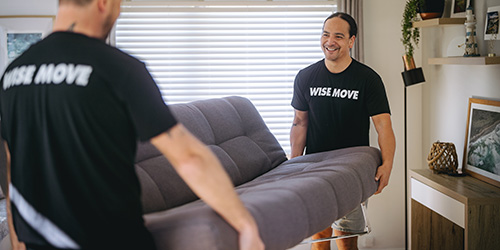






What’s happening?
Please notify us of any violations. This information will be kept confidential and shared only with Wise Move.
- It’s inaccurate or incorrect
- If you find it offensive
- It’s something else
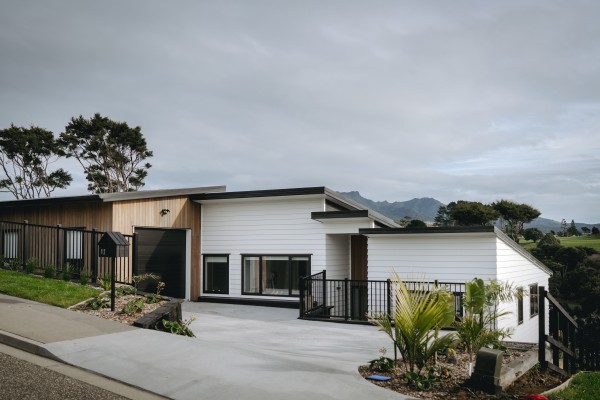
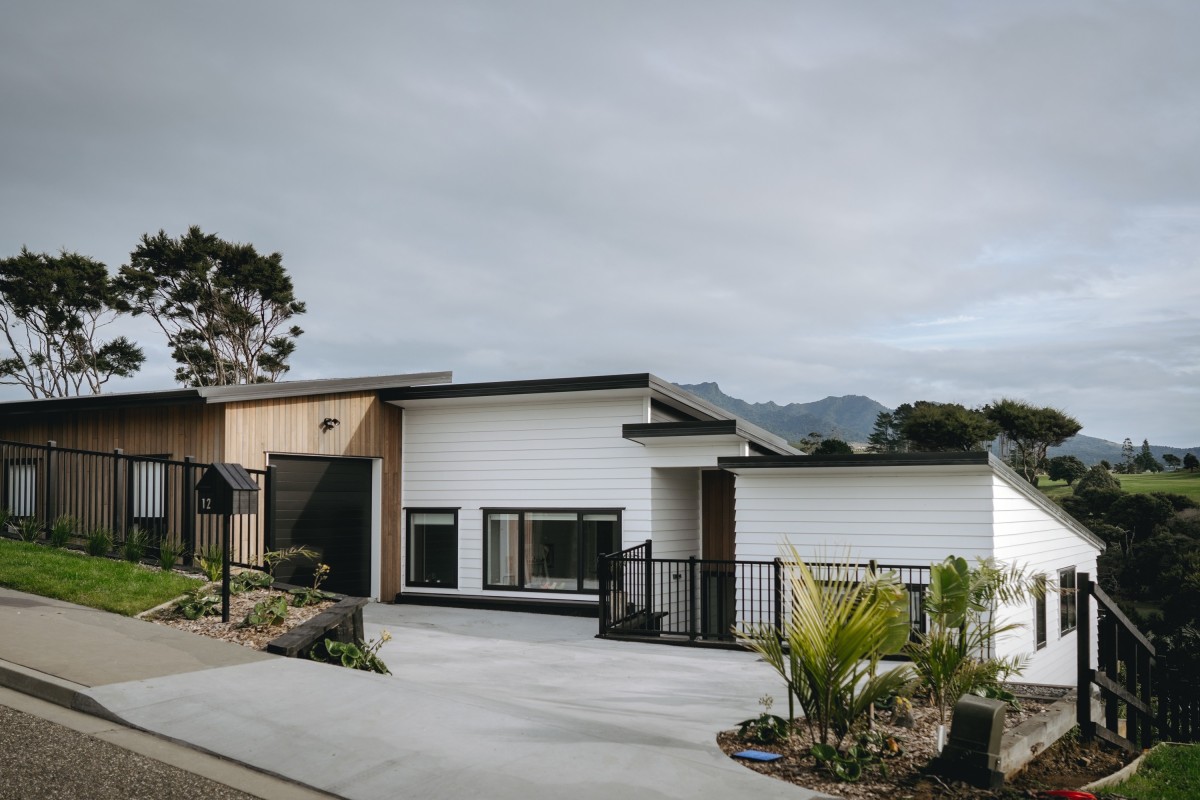
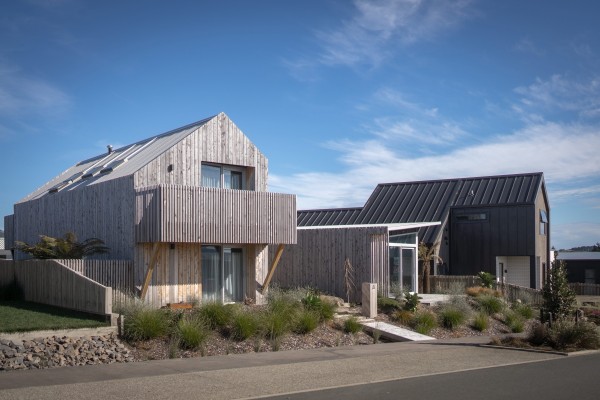


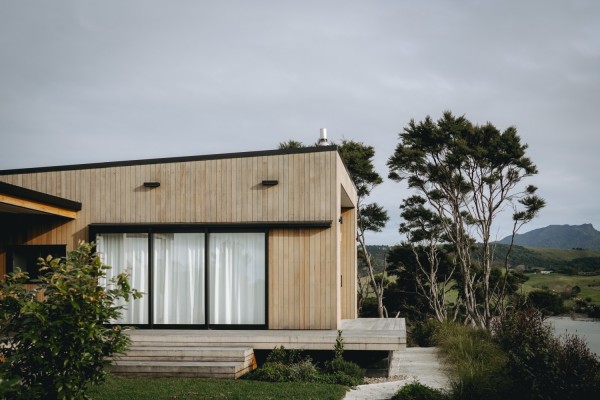
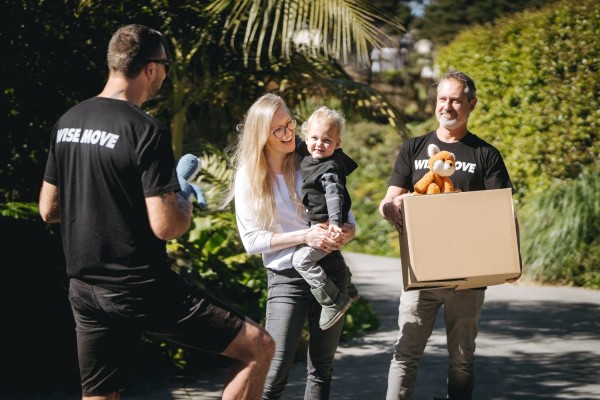
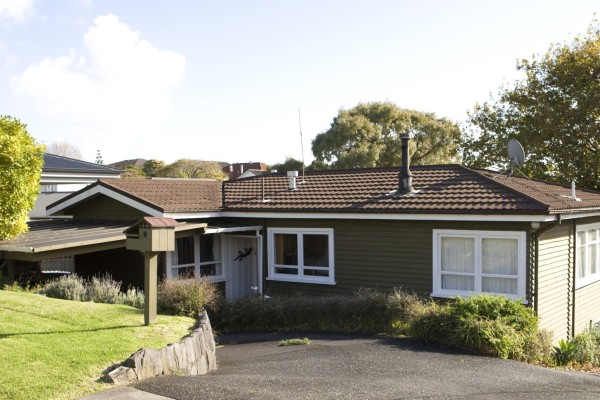


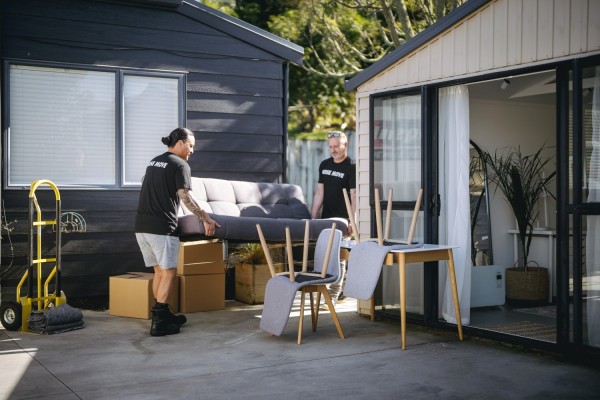
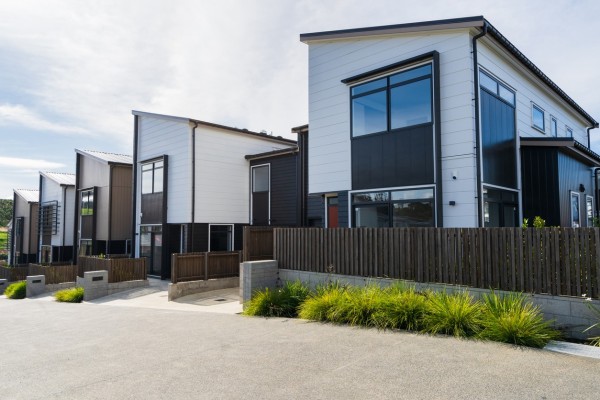
![What does it cost to build a new house in New Zealand? [2025] What does it cost to build a new house in New Zealand? [2025]](https://cdn.wisemove.co.nz/image/blog/ffd5dbdc5eec7e9eb3ad049d6c5c7f4d.jpeg)


